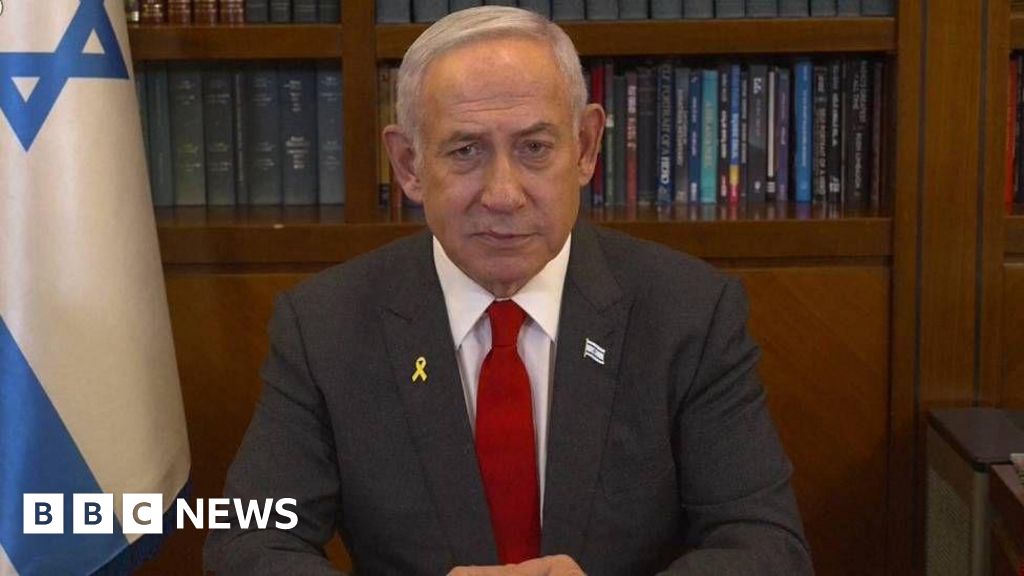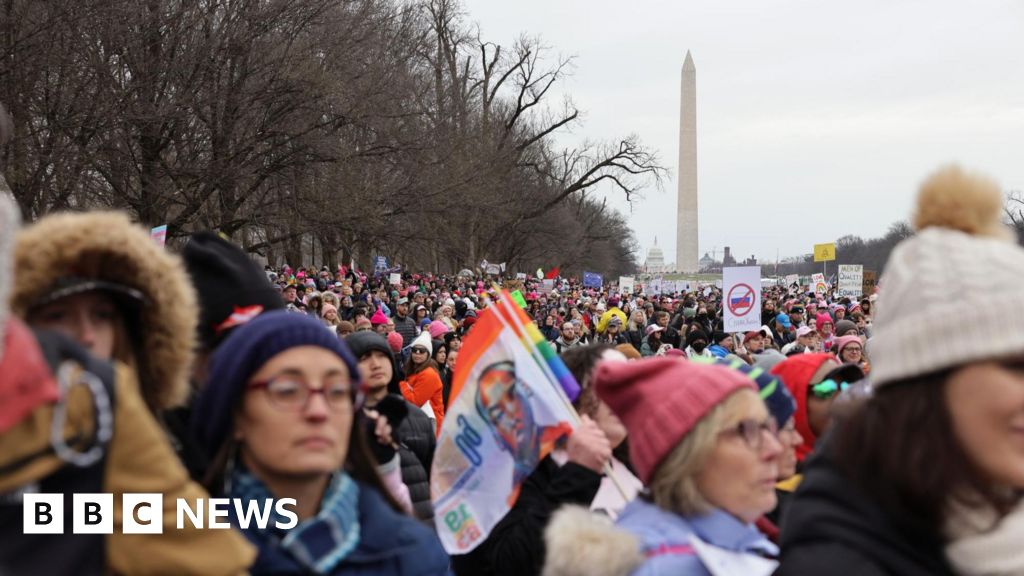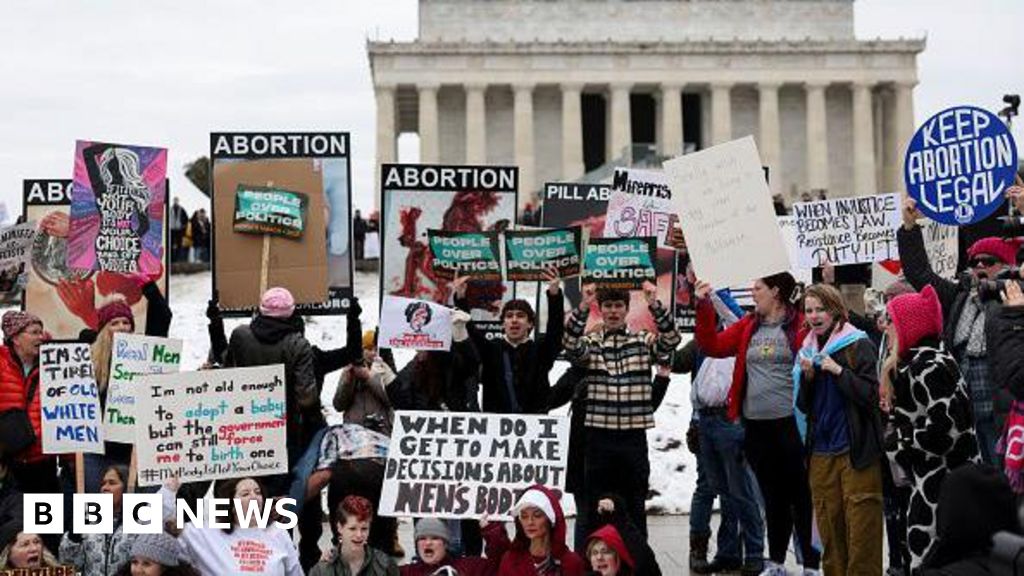ARTICLE AD BOX
Prominent opposition leader and Delhi Chief Minister Arvind Kejriwal has resigned from his post, days after getting bail in a corruption case.
Kejriwal spent five months in jail in connection with a now-scrapped alcohol sales policy. He has denied the allegations against him.
He has said that he will take up the post only if people re-elect his Aam Aadmi Party (AAP) in the upcoming assembly elections.
Kejriwal's colleague and senior Delhi minister Atishi will replace him as the leader of the government, the party announced on Tuesday.
AAP made its poll debut in 2013 Delhi assembly elections and has governed the capital city since, focussing on welfare measures such as affordable electricity and water for residents.
In 2020, the party won 62 seats in the 70-seat assembly – in almost a repeat of its performance in the previous election when it won 67 seats.
Kejriwal had announced his intention to resign over the weekend, saying he would sit on the chief minister's chair only if the people of Delhi gave him a "certificate of honesty".
"I got justice from the legal court, now I will get justice from the people's court," he told reporters.
Kejriwal has called for advancing the Delhi elections, which are scheduled for February next year, to November, aligning them with the upcoming polls in Maharashtra state.
Experts, however, say that is unlikely to happen.
Indian laws stipulate that elections cannot be scheduled less than six months before an assembly term's end unless the assembly is dissolved early. Additionally, the Election Commission considers factors like weather, festivals, and electoral roll revisions before announcing elections.
Prime Minister Narendra Modi's Bharatiya Janata Party (BJP), which is the AAP's main opposition in Delhi, has called Kejriwal's resignation a "publicity stunt" to galvanise public sympathy.
An anti-corruption crusader, Kejriwal was the third AAP leader to be arrested over alleged irregularities in the now-scrapped alcohol sales policy.
Manish Sisodia, a former deputy chief minister, and AAP leader Sanjay Singh were also arrested in the case. Sisodia was granted bail in August after spending 17 months in jail and Singh was released on bail in April.
The policy was introduced by AAP in 2021, saying it would curb black market sales, increase revenues and ensure even distribution of liquor licences.
It was withdrawn a few months later after Delhi’s Lieutenant-Governor Vinai Kumar Saxena accused AAP of exploiting rules to benefit private liquor barons.
The AAP denies the charges and has accused the BJP of using investigating agencies to unjustly target opposition leaders, a charge it denies.
At 43, Atishi has become the youngest and third woman to serve as chief minister of Delhi.
She currently holds important portfolios such as water, finance, power and education in Delhi's cabinet.
In the absence of senior AAP leaders, who were jailed until recently, she served as the face of the party and swiftly gained prominence as a powerful leader.
Born to professors with Marxist leanings, Atishi studied at Delhi University and went to the University of Oxford for her master’s degree.
After spending a few years in teaching at a school in Karnataka, she was involved with alternative farming and education reforms in Madhya Pradesh.
She joined AAP in 2013 and has significantly contributed to overhauling Delhi's public schools as an advisor to former Deputy Chief Minister Sisodia.
Riding on her reputation as an education reformer, she was elected to the Delhi assembly in 2020.
She had contested the 2019 parliamentary elections, but lost to former cricketer Gautam Gambhir.
Earlier this year, she made headlines after she went on an indefinite hunger strike to highlight Delhi's water crisis during its peak summer months.

 4 months ago
16
4 months ago
16








 English (US) ·
English (US) ·